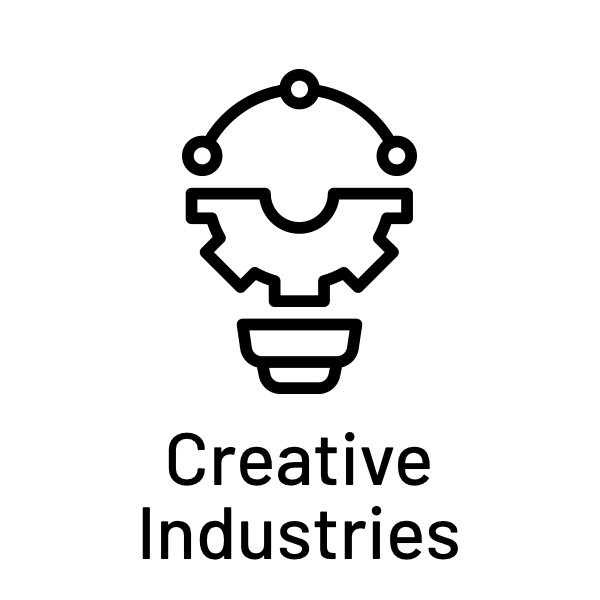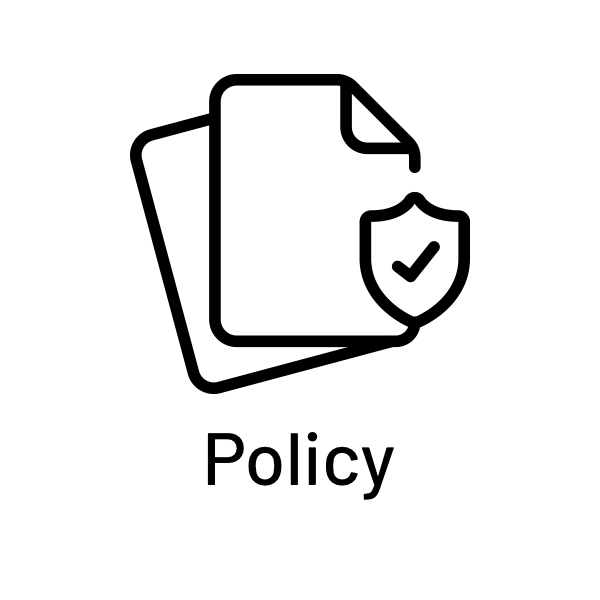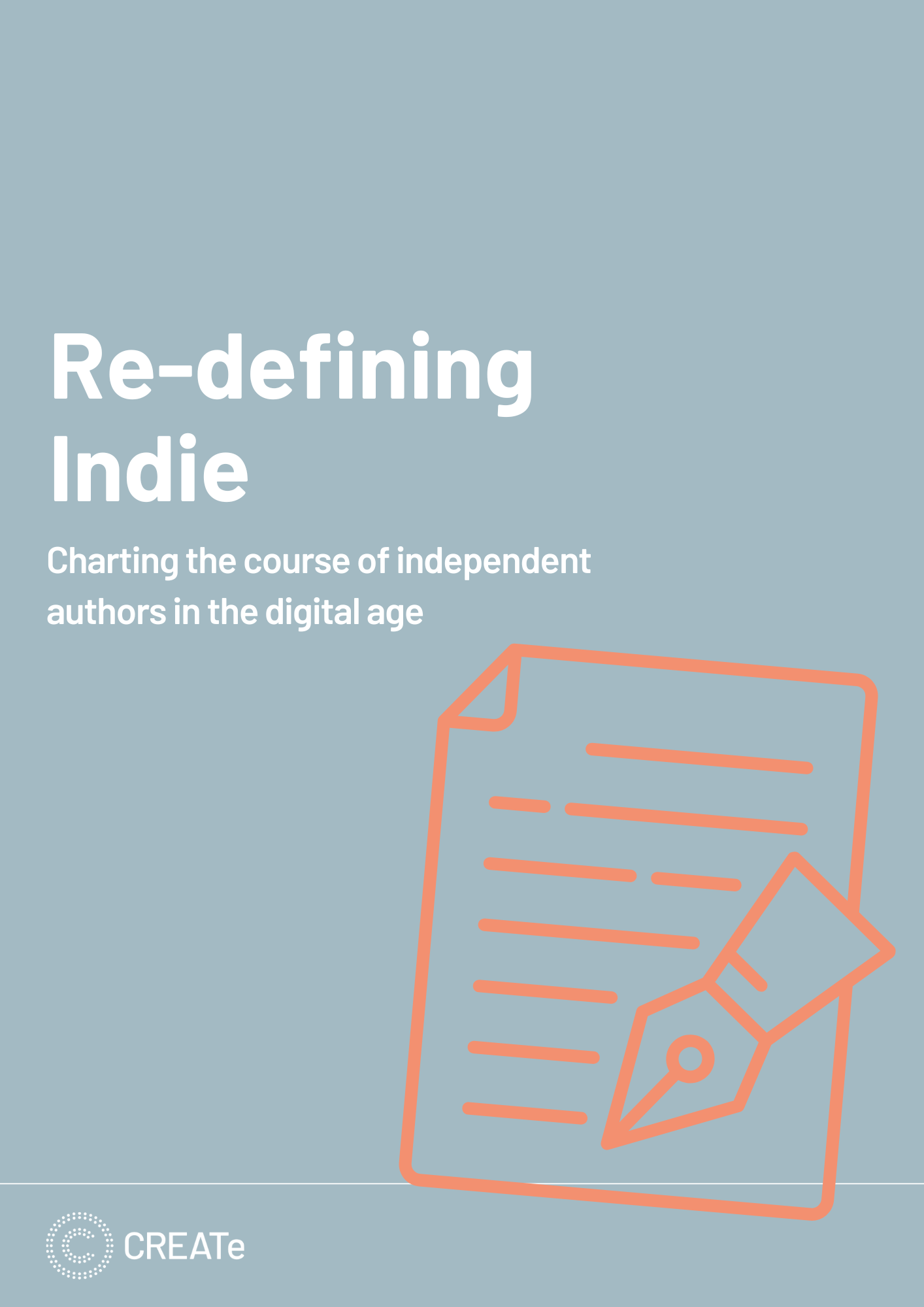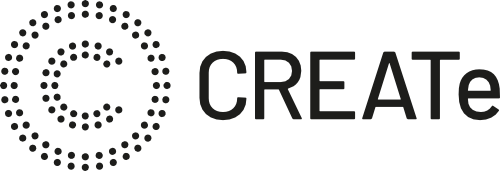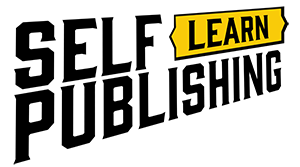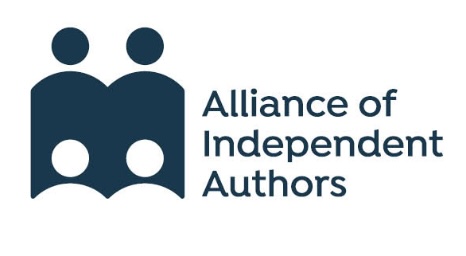RE-DEFINING INDIE
Charting the course of independent authors in the digital age
ARTHUR EHLINGER, STEFAN LUCA & AMY THOMAS
Our report, drawing on insights from a global survey with 2,359 respondents and supplemented by in-depth interviews sheds light on a sector that has greatly changed over the years. Once characterised by its grassroots authenticity, the indie publishing market has now matured into a highly competitive arena.
Today, indie authors are required to be not just talented writers but also savvy entrepreneurs, possessing a wide array of commercial and technological skills. Their ventures have evolved into professional, and in some cases, quasi-industrial operations, managing teams that include editors, designers, marketers, and publicists. With a significant emphasis on technology and digital platforms, indie authors are taking a more systematic approach to production, marketing, and distribution, opening up unprecedented opportunities for those who are adept.
A Young Market
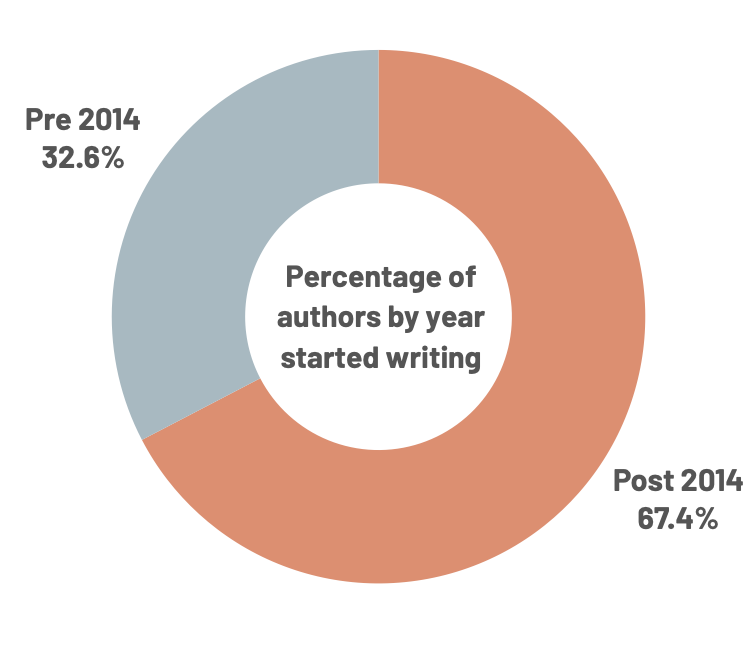
‘Winner Takes All’
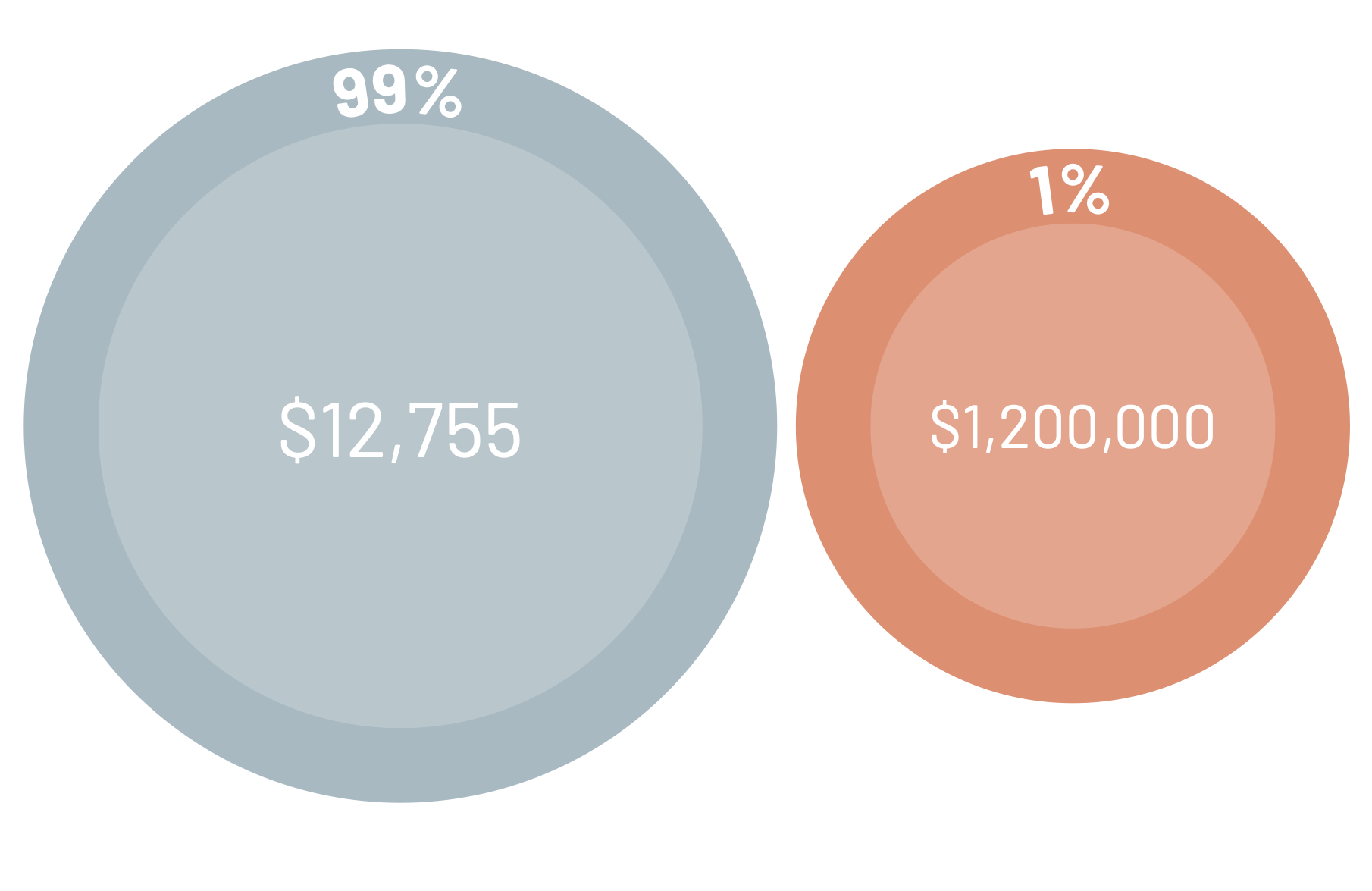
A few superstars earn a disproportionate share of all revenues.
Women Out-Earn Men
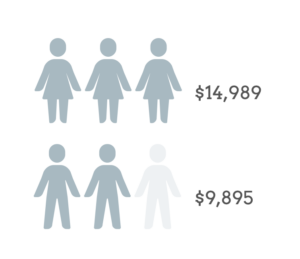
Unequivocally, our research found that independent authors are drawn to the indie path because it affords them unparalleled control over every aspect of the publishing process. Such autonomy allows for a more intimate connection between authors and their work, and between authors and their audiences, fostering a sense of ownership and artistic integrity that cannot be replicated in traditional publishing due to external editorial and marketing influences.
”I've made three books in three months. With traditional publishers, I wouldn't do that. With traditional publishers, you can't do certain stuff, with certain people, within this time frame. But I have that flexibility and independence as an indie author. I'm independent.
USE OF AI
A segment of authors are strongly morally-opposed to AI tools, viewing them as a challenge to the inherently human aspects of writing. These authors perceive AI-generated writing as lacking human qualities, namely, warmth and depth.
”I fired my editor for using AI tools.
Others have experimented with generative AI for some aspects of their work. Primarily, this is for ‘seasoning’ of existing work, such as generating new ideas for environments or characters, and building more substantively around those initial concepts. Moving away from writing, authors use AI to create complementary or derivative works related to their books. This includes, audiobooks, book cover art or advertisements.
”I went to a seminar about generative AI images and it suddenly was like the scale fell from my eyes, and I thought, this is how you do ads. Fantastic, I immediately signed up for an account with Midjourney.
DIVERSITY
In the absence of traditional gatekeeping mechanisms, is there greater diversity in terms of both the authors entering the indie space and the variety of content they produce? Our interviewees were unanimous in preferring indie publishing over traditional, whether they were ‘born indie’ or ‘migratory’ from traditional publishing, specifically because the lack of gatekeeping allows them to be ‘imaginative’ in their work and bypass what is perceived as the implicit ‘privilege’ of traditional publishing.

Demographically, LGBTQIA+ authors, black authors, and authors with disabilities, are more similar than different.
”Editors in traditional publishing, they're all in their early twenties, got an English degree from York or Cambridge, or wherever, and they're all white middle class, and they're the people who are gatekeeping what people should read. And I just don't think it's right.
Even accounting for changes across time, we find no substantial difference in the levels of diversity in the demographic profile of indie authors regardless of whether they are ‘newer starts’ (post-2014) or ‘older starts’ (pre-2014). Across these categories, the levels of diversity are equivalent in respect of gender, education, ethnicity, and sexual orientation. This suggests that diversity is not something that the indie market has ‘grown into’, but rather has been ‘in built’ since its inception.
This report contextualises the quantitative analysis in the first global study of independent authors’ earnings, that we published in June 2023. It is also complements our long-standing work on authors’ and performers’ contracts and earnings in the UK, through repeat surveys that capture the effects of digital changes on the labour market and working conditions of the creative sector. In 2023, we received ESRC Impact Acceleration (IAA) funding to formalise a Creators’ Earnings and Contracts hub. Surveys of audio-visual performers, directors, and visual artists are under development with a range of industry partners; a report on freelance journalists was published in March 2024.
Stay tuned for imminent updates from our Dealing with Creators research theme by subscribing to our newsletter.

